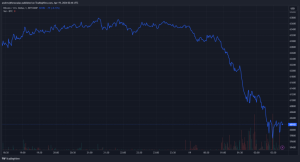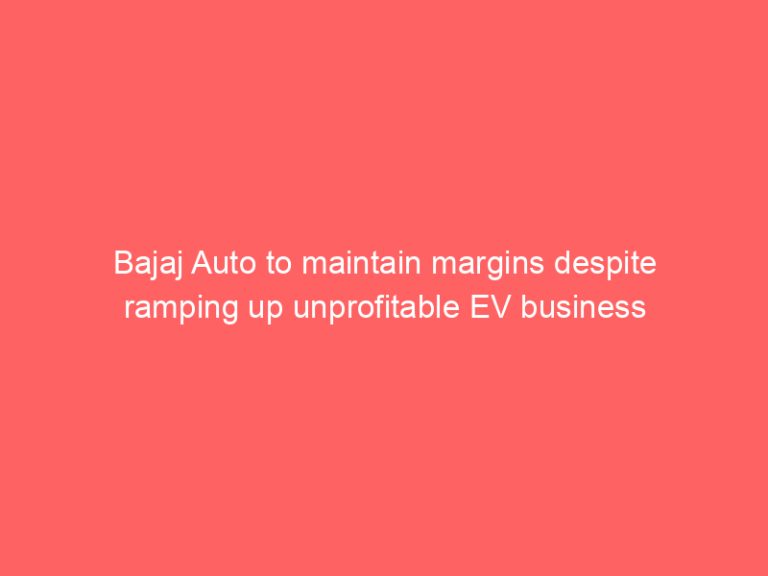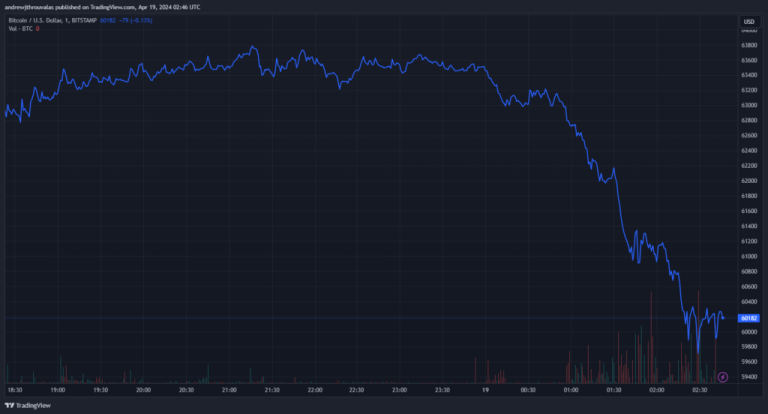In a surprising yet positive stance on cryptocurrencies, the Reserve Bank of India (RBI) on May 31 clarified that banks and other regulated entities cannot cite its 2018 circular on cryptocurrencies as it has been set aside by the Supreme Court (SC) in March, 2020. The circular is not valid from the date of the SC order and cannot be cited or quoted from, the RBI said.
This clarification comes in the light of recent investor communication by various banking entities like HDFC, SBI, which cited 2018 circular and intended to alert them of the “uncertain regulatory landscape” of this space. Investors were asked to clarify the nature of these transactions and be aware of the risks associated with crypto and virtual currencies. The mails sent out by these banks in this regard also stated that failure to do so could mean permanent closure of bank accounts and suspension of credit cards.
What does this circular mean for the investors?
WazirX, one of India’s largest cryptocurrency exchanges, welcomed this move. Nischal Shetty, CEO, Wazir X hailed it as a positive sign, saying that “this document is a ray of hope for the Indian crypto ecosystem. We really appreciate the Reserve Bank of India’s clarification on this. We hope that this circular encourages banks to update their compliance teams and provide banking access to Indian crypto exchanges.”
Given how vague and grey cryptocurrency regulation remains in India, most banks had started disassociating themselves with cryptocurrency exchanges like Coin DCX, WazirX, and more. More recently, Paytm also severed ties with WazirX, leaving many crypto investors unable to deposit or withdraw money from their accounts linked with the payment behemoth.
The investor’s ire was evident, with many complaining of long delays and inability to deposit funds in time, which led them to miss market dips, generally considered a good time to buy. Karan Anand, an avid, distressed crypto investor mentioned how it is important for crypto-exchanges to smoothen their deposit process. “You cannot have people waiting for days to be able to buy crypto, especially when the claim by most exchanges is to be able to do so in a few minutes”, he said.
Considering the significance of RBI’s directive for banks, a clarification by RBI comes as a respite for most crypto exchanges. The inability of the apex bank to prove how regulated financial entities will suffer due to cryptocurrency operations has always been a bone of contention, hampering the smooth growth of crypto-related services in the country.
Delhi-based communications professional Yumna Ahmad, who regularly invests in cryptocurrency finally sees some ease of transactions. “This is a great move since this brings clarity to banks as to whether they should engage with the crypto industry or not. Since now there are chances of increased cooperation of banks with crypto-exchanges, we can expect ease of trading and more payment and deposit options in the near future”, she said.
Echoing similar views, Rameesh Kailasam of Indiatech said the clarification by RBI is timely and encouraging as it formally establishes the old circular was no longer valid post the SC judgement and that banks cannot use this as the reason for denial.
“IndiaTech.org has been seeking regulatory clarity for this sector backed by necessary checks and balances which would enable it to grow at a more rapid rate. IndiaTech.org recommended similar checks and balances regarding KYC, AML, CFT, FEMA etc. as the RBI now suggests to be carried out to ensure due diligence. We are hopeful there will be continued support from the government and regulator to progressively adopt this emerging technology,” Kailasam added.
All in the clear?
However, due diligence is a statutory process that is required to be followed by all financial entities. All of this points towards green shoots for the thriving crypto industry, which has largely been suffering from unclear government stands and vague regulations. Despite a blurry cryptocurrency landscape in the country, Indians have invested more than $1 billion dollars in the cryptocurrency market, making India one of the top countries in terms of virtual currency trading.
“RBI’s statement to banks on cryptocurrency investments clears their position on whether customers are legally allowed to invest in crypto. Instead of denying service to their customers based on an invalidated circular, it is time banks came onboard the crypto investment bandwagon, allow the crypto exchanges to hold accounts with them, and enable customers to make investments via all possible options, including UPI and bank transfers. Cryptocurrencies are the future and we must ensure we stay at the forefront of this technology”, emphasises Ashish Singhal, CEO, Coinswitch Kuber.















+ There are no comments
Add yours